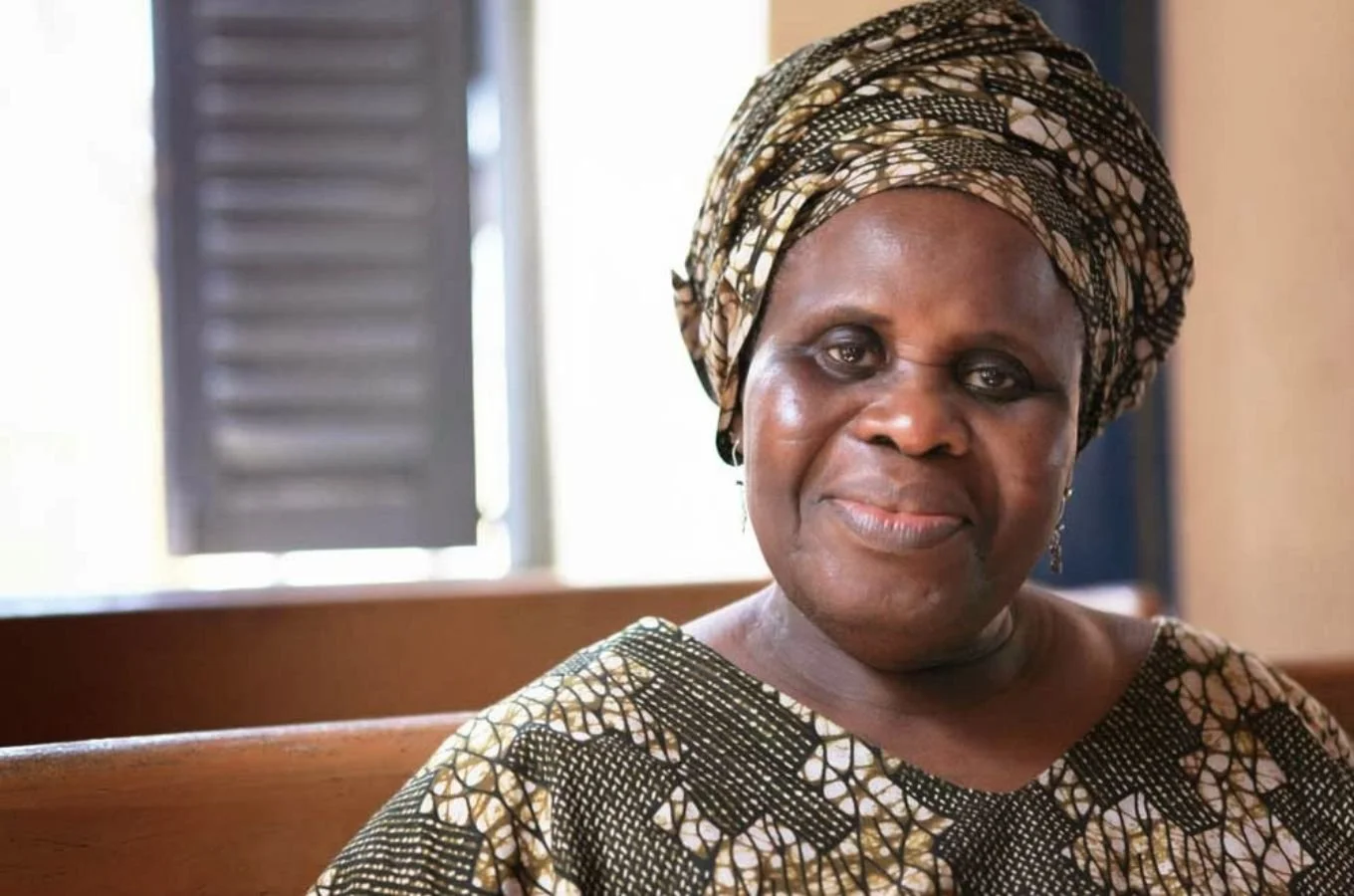Honoring Ama Ata Aidoo
By Marcus Harrison Green
Honoring literary legacies is a huge part of Hinton’s mission. There remain too many titans of literature from unsung communities who deserve their sustained flowers. One of those writers is Ama Ata Aidoo who passed away a year ago this month.
A Ghanaian playwright, author, and activist, her luminous pen shined a light on the complexities of post-colonial Africa and the indomitable spirit of its women.
Aidoo's journey was as rich and multifaceted as her stories. Growing up in Ghana, she emerged from a lineage of resilience, with her grandfather enduring imprisonment and torture at the hands of British colonizers. Resistance to this oppression ignited Aidoo's lifelong commitment to truth-telling through prose and poetry.
Her most popular work, "The Dilemma of a Ghost," published in 1965, laid bare the cultural dislocations faced by Africans at home and abroad. The groundbreaking play masterfully explored the clash of identities wrought by colonial legacies and the enduring bonds of family and tradition. But it was still only a prelude to Aidoo's larger oeuvre, which encompassed novels, short stories, and essays that unwaveringly told the truth.
Her contributions transcended the realm of literature. As an educator, diplomat, and activist she fought for free education and women’s rights, and was a tireless champion of Pan-Africanism. When it would have been more financially beneficial to stay silent, she instead decried centuries of exploitation and advocated for Africa’s continued liberation.
Her words, infused with righteous indignation resonate as much today as they did when she first spoke them decades ago: "There are powerful forces who undermine progress. But one must never underestimate the power of the people to bring about change.”
Aidoo's legacy calls us to wield literature as a weapon against injustice, corruption, and authoritarianism. We strive to answer that call at Hinton. We hope you will too.
Read more about Ama Ata Aidoo’s life here.

